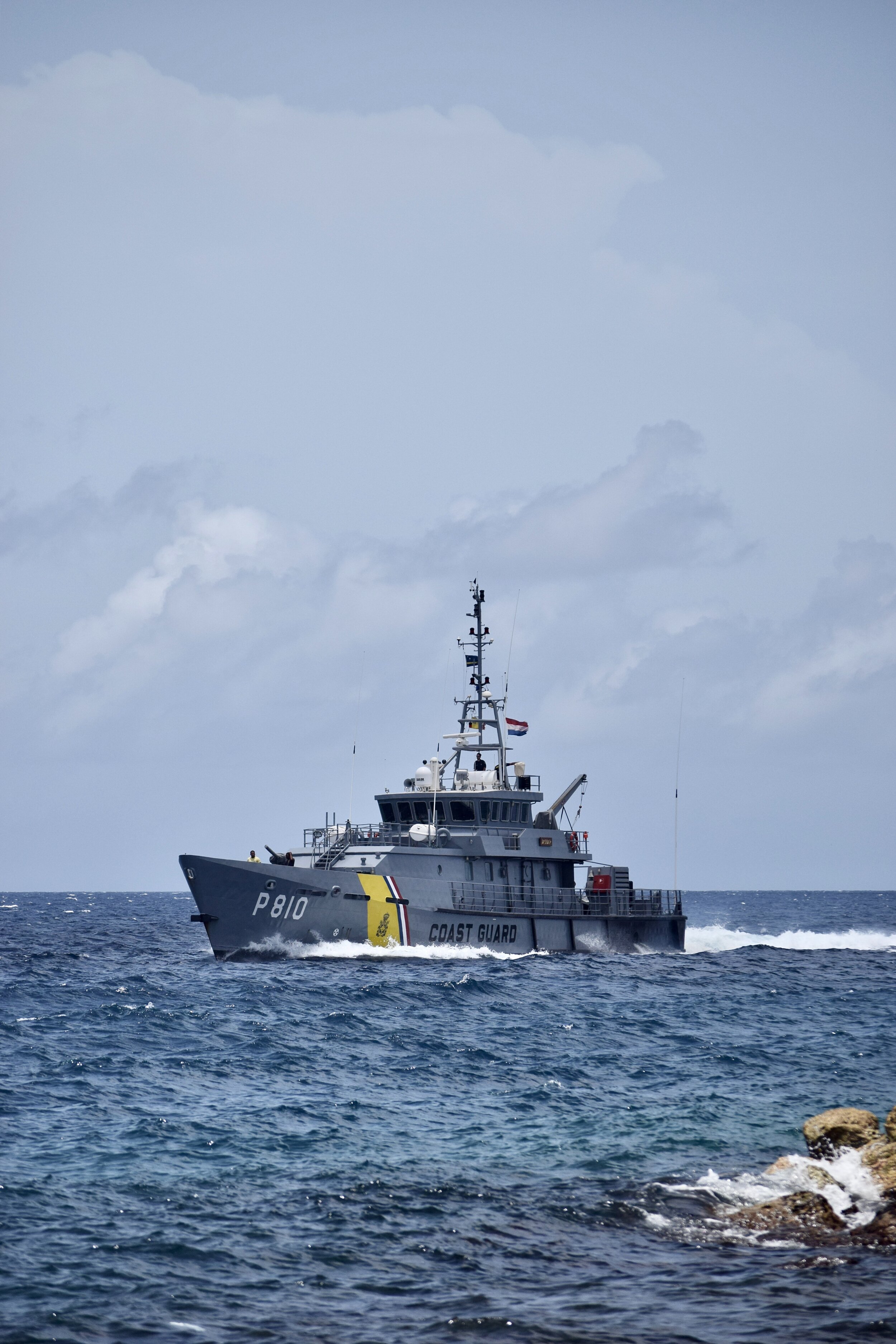By: Nick Cacopardo
Perhaps second only to water pollution in its negative effects on the oceans, illegal fishing has had one of the most catastrophic effects on the ocean’s ecosystem and has also negatively impacted the global economy.[i] Illegal fishing can cause massive environmental damage, as illegal fishers use prohibited gear that catches species such as turtles and dolphins and physically damages vulnerable marine ecosystems.[ii] Illegal fishing is responsible for the loss of up to twenty-six million tons of seafood.[iii] This has resulted in over twenty-three billion dollars’ worth of seafood being illegally harvested through illegal and unregulated fishing.[iv] Thus, it is imperative for both governmental and non-governmental organizations to combat the scourge of illegal fishing and present new methods for fighting against illegal fishing. While not completely new, one method is the use of phone applications by officers to record data on violations by illegal fishers.
Until recently, it has been difficult for groups and agencies such as the United States Coast Guard to combat illegal fishing as it was difficult for agencies to maintain good and accurate record keeping at sea, especially while boarding a vessel that was illegally fishing.[v] Once a vessel suspected of illegal fishing is detained, officers fill out forms to make sure that the vessel is following all of the appropriate policies and procedures.[vi] One officer stated that “I usually have to write things down on a piece of paper. I might even make notes on the back of my hand.”[vii] NBC News relayed an experience of a former Coast Guard officer who ran out of paper and was forced to write some of the violations on the back of her hand, only to accidentally clean the back of her hand losing evidence of violations.[viii] Further, there is concern for safety amongst officers who board vessels suspected of illegal fishing activities.[ix] Bob Farrell, a former fisheries enforcement officer stated, “We literally jump from one boat to another and we don’t always know what will happen when we get on the fishing boat. Safety is a big concern for us.”[x]
Non-governmental organization WildAid has been working with MongoDB, a database software corporation, to produce a phone application for both Apple and Android products which can be used by officers who enforce fishing restrictions to search for and enter information relating to the various illegal fishing vessels they find.[xi] The app, named Officer Fishery Information Sharing Hub, O-FISH for short, allows for information to be saved and stored on officers’ phones and uploaded to the internet as soon as the device connects to the internet.[xii] This will allow officers who may be operating in areas with limited or no internet connection to upload the information they collect more efficiently and effectively.[xiii] The entire database can be accessed while offline, allowing officers to check the information on vessels they are approaching to determine whether or not the vessel will pose a risk to their health.[xiv]
Those who support the widespread implementation of the app argue that electronic records are more efficient and provide better record-keeping.[xv] In addition, potential users have suggested the app can be used by neighboring countries to share data to better combat illegal fishing in high risk areas.[xvi] Proponents also stress the importance of its ability to provide officers information regarding the potential for deadly weapons on the vessel they are boarding.[xvii] There are some concerns about the use of these types of applications to track illegal fishing. Some are concerned about the costs of implementing on such a wide scale, as previous apps have been developed in the past but have ultimately failed due to their implementation costs.[xviii] Due to COVID-19, many NGOs have had their funding cut, making it much more difficult for them to implement an expensive new app.[xix] Further, spending money on these sorts of applications might not be the top priority for governments and NGOs in areas that are highly threatened by illegal fishers.[xx]
While these concerns are indeed valid, the need for efficient record keeping, cooperation between governments and NGOs to patrol dangerous areas, and easy communication to warn officers about potentially dangerous situations should trump concerns about cost. It could be argued that increasing administrative efficiency would decrease costs in the long run. Further, the ease of use of the app’s storage system would promote cooperation between governments and NGOs to combat illegal fishing in high risk areas. Most importantly, having easy to access databases will decrease the potential for violence against the officers as they would be able to quickly identify potentially dangerous vessels.
[i] Leah Weiser, Illegal, Unreported, and Unregulated Fishing Frequently Asked Questions, PEW (Feb. 25, 2013) https://www.pewtrusts.org/en/research-and-analysis/articles/2013/02/25/illegal-unreported-and-unregulated-fishing-frequently-asked-questions [https://perma.cc/BW52-Y3WR].
[ii] Id.
[iii] Benioff Ocean Initiative, Mazu: A Mobile Application for Information Exchange on Illegal Fishing Vessels, United Nations, https://oceanconference.un.org/commitments/?id=19469 [https://perma.cc/NT3C-MRJP] (last visited Oct. 4, 2020).
[iv] Why Global Fishing Watch, Global Fishing Watch, https://globalfishingwatch.org/ [https://perma.cc/W9PA-DD5F] (last visited Oct. 4, 2020).
[v] David Ingram, Tracking Illegal fishing? There’s (Finally) an App for That., NBC News (Aug. 5, 2020, 8:15 am), https://www.nbcnews.com/tech/tech-news/tracking-illegal-fishing-there-s-finally-app-n1235857 [https://perma.cc/AG3N-W3E2].
[vi] Sheeri Cabral, Mongo DB Cloud To The Rescue: Protecting Our Oceans With An Open-Source Application, MongoDB (last updated July 1, 2020), https://www.mongodb.com/blog/post/mongodb-cloud-rescue-protecting-oceans-opensource-application [https://perma.cc/327H-ALZZ].
[vii] Id.
[viii] Ingram, supra note v.
[ix] Cabral, supra note vi.
[x] Id.
[xi] Ingram, supra note v.
[xii] Cabral, supra note vi.
[xiii] Id.
[xiv] Id.
[xv] Ingram, supra note v.
[xvi] Id.
[xvii] Id.
[xviii] Id.
[xix] Id.
[xx] Ingram, supra note v.


